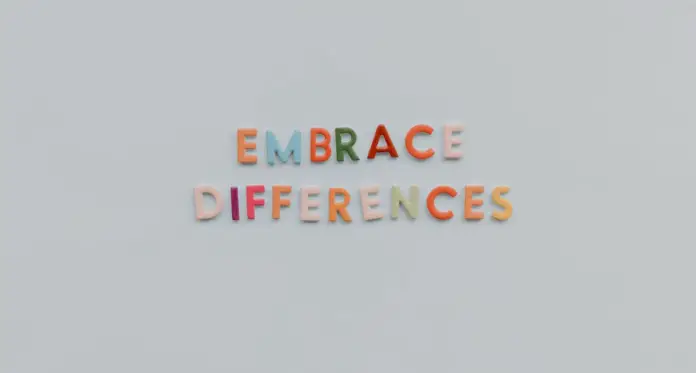In a world that constantly evolves towards inclusion and diversity, advocacy for individuals with disabilities remains a paramount endeavor to ensure equal rights, access, and opportunities for everyone. Navigating the intricacies of legislation, public policies, and societal attitudes can be challenging. However, the power of a collective voice, echoing the demands for justice and equity, can move mountains.
This article highlights practical steps and strategies that individuals can adopt to advocate effectively for disability rights and ensure that these essential conversations are propelled from the quiet corners of society to the mainstream.
Educate Yourself And Seek Legal Advice
Knowledge is the first line of defense in any form of advocacy. Understanding the laws that protect individuals with disabilities, such as the Americans with Disabilities Act (ADA), can significantly empower your voice. It’s crucial to know your rights and the proper channels to follow should you need to fight discrimination.
In instances where you or someone you know faces discrimination due to a disability, especially in the workplace, reaching out to a long term disability attorney could be a crucial step. These experts understand the nuances of disability laws and can provide guidance or representation necessary to ensure protection under the law. They can help navigate the often complex legal landscape, ensuring that individuals receive the accommodations they need to participate fully in society.
Connect With Advocacy Groups
There’s strength in numbers, and this is particularly true for advocacy. Local and national disability rights groups exist to amplify the needs and rights of individuals with disabilities.
Engaging with these organizations can not only provide a sense of community but also strengthen your advocacy efforts through resources, platforms, and the collective voice they offer. These groups often spearhead initiatives, rallies, and campaigns that individuals can participate in, creating broader awareness and pushing for necessary legislative changes.
Share Your Story
Personal narratives are a powerful tool in advocacy. By sharing your story or the stories of individuals with disabilities, you humanize the challenges faced daily, moving beyond statistics and legal jargon.
Whether it’s through blogs, social media, public speaking engagements, or interviews with the media, these stories can resonate with a wide audience and rally support for disability rights. They can change hearts and minds, influencing public opinion and inspiring action from both policymakers and the general public.
Engage In Local Politics
Change often starts locally. Attend town hall meetings, city council meetings, and other local political events. Speak up about issues affecting individuals with disabilities and the need for comprehensive policies that promote inclusivity and accessibility.
Building relationships with local political figures and being present in local political discourse can lead to direct action and inspire change at higher levels of government.
Foster An Inclusive Culture
Advocacy isn’t just about changing policies; it’s about changing cultures. Encourage schools, workplaces, and community spaces to celebrate disability history and awareness months. Promote a culture of inclusion where individuals with disabilities are not only accommodated but celebrated.
By fostering environments that fully embrace diversity, we slowly dismantle societal barriers often faced by individuals with disabilities.
Conclusion
The fight for disability rights is far from over, but through advocacy, we move ever closer to a society where individuals are not defined by their disabilities but embraced for their abilities and contributions. It starts with each one of us raising our voices, from seeking expertise to sharing personal narratives and engaging in local politics.
We must remain committed to fostering a culture of inclusivity, understanding, and equity, ensuring that every voice is not just heard but valued and respected. Together, we can turn the tides, influencing legislation, and societal attitudes, ultimately safeguarding the rights of individuals with disabilities now and for generations to come.


